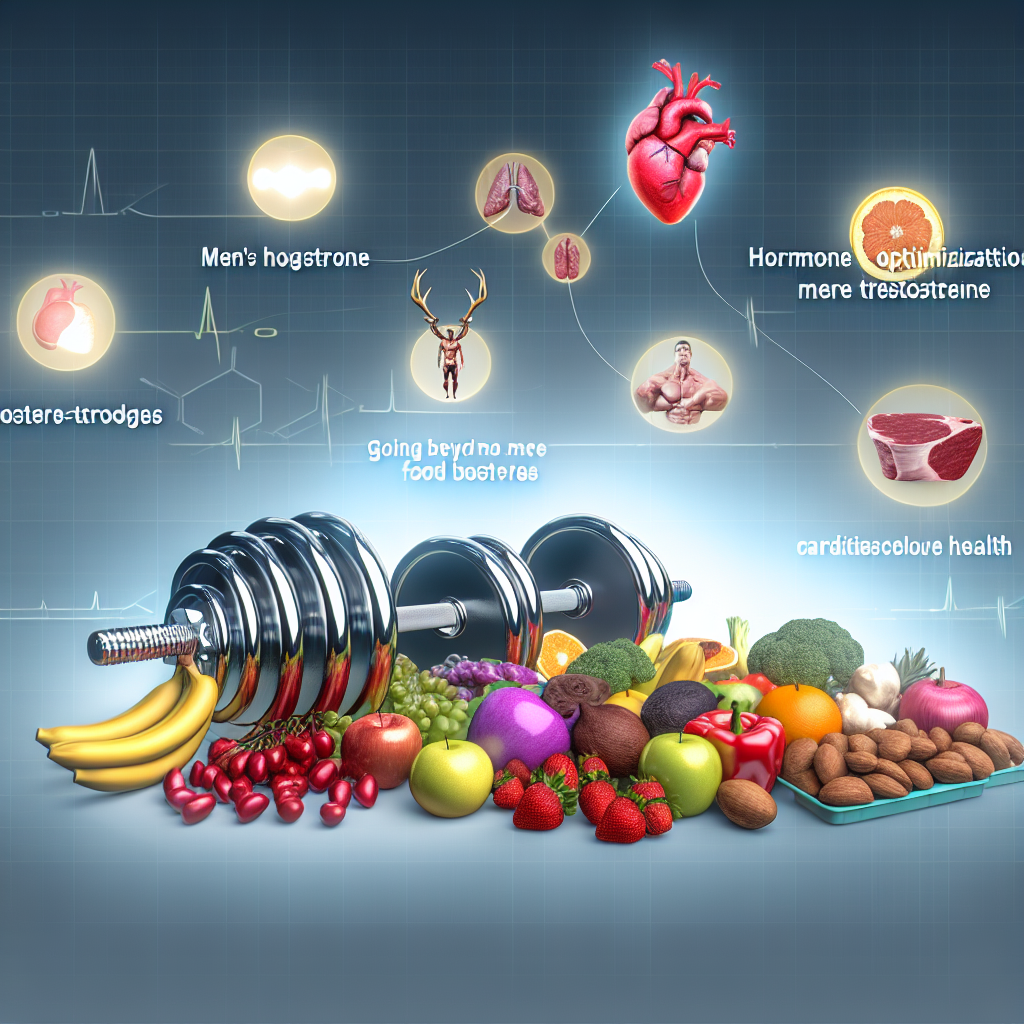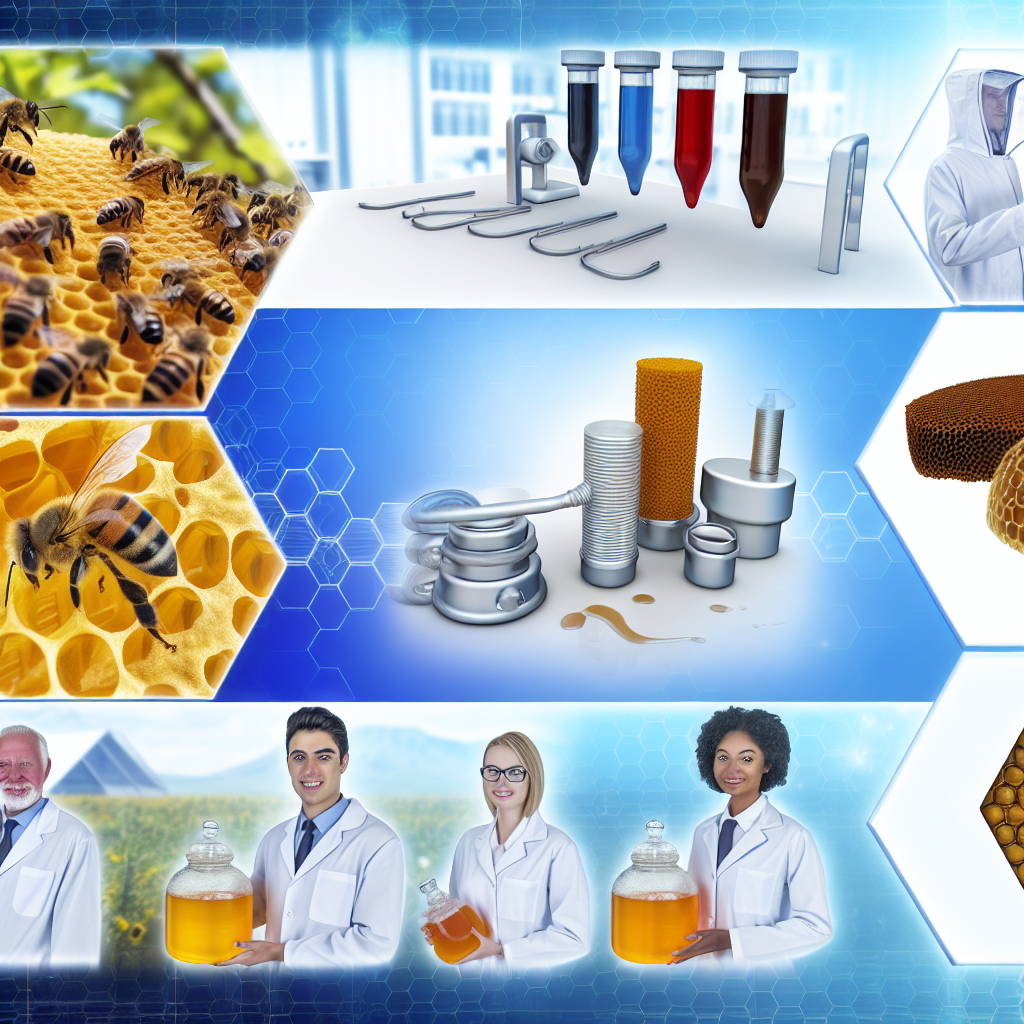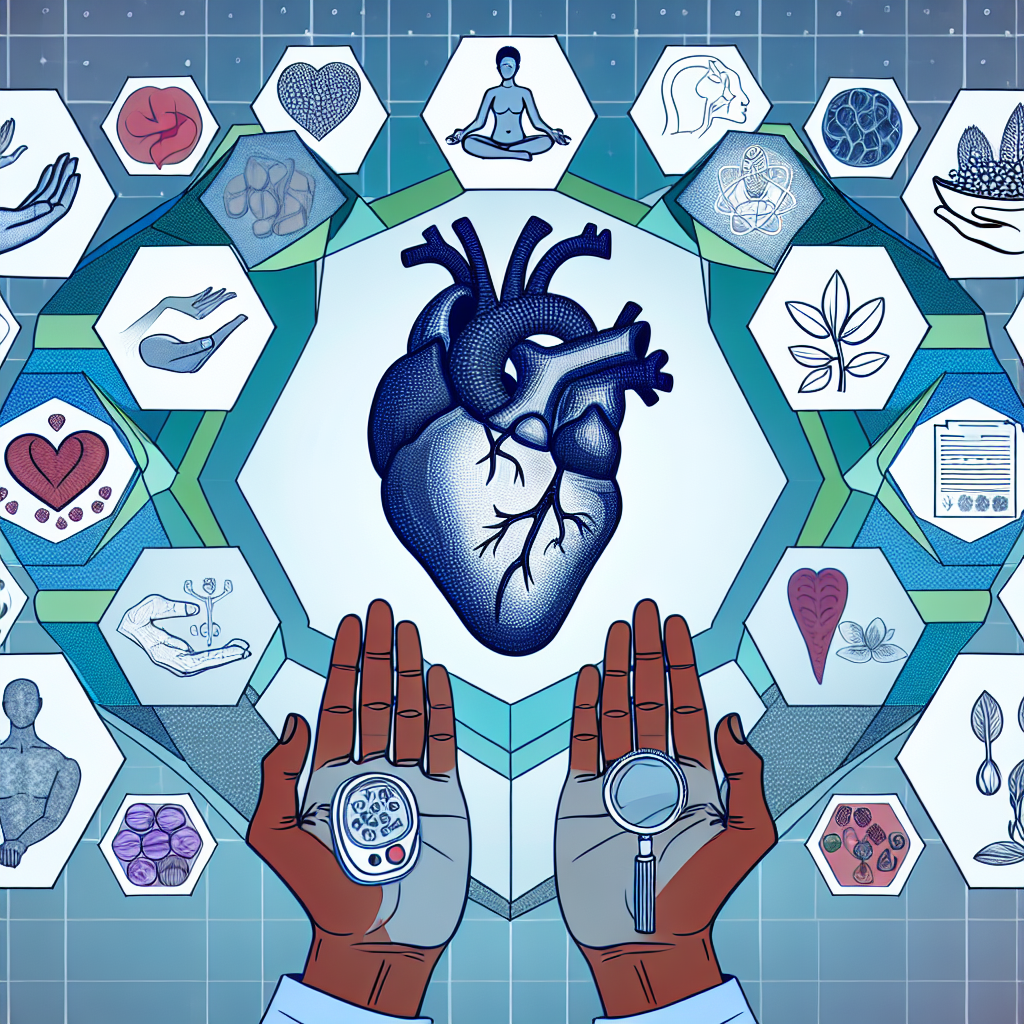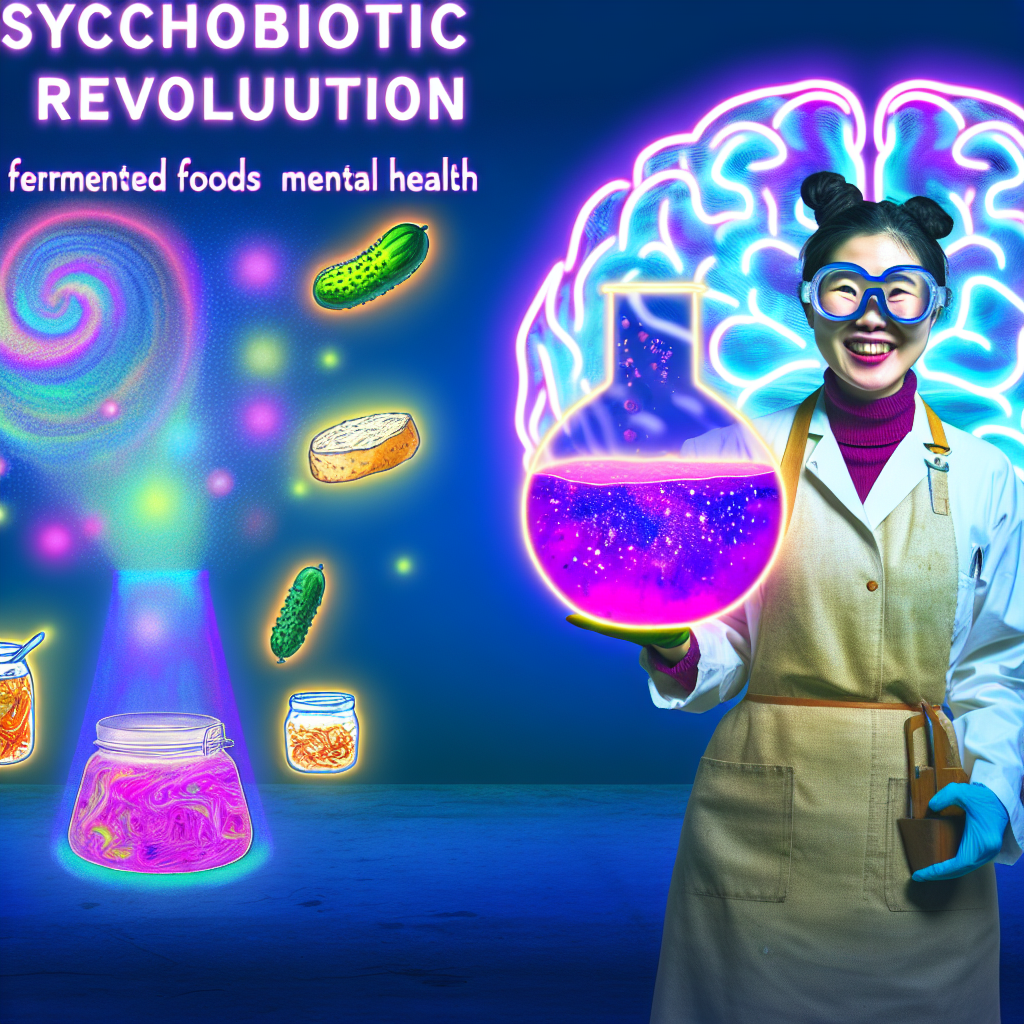Men’s Hormone Optimization: Food Strategies Beyond Testosterone Boosters
Introduction: A Holistic Approach to Men’s Hormone Health
Men’s health is increasingly becoming a spotlight in the wellness world, and for good reason. Hormonal balance plays a critical role in mental clarity, physical endurance, muscle mass, libido, mood regulation, and long-term health. While testosterone often dominates the conversation around male hormones, the reality is far more complex. Hormones such as cortisol, insulin, thyroid hormones, and DHEA (dehydroepiandrosterone) also significantly impact a man’s overall physiological function and well-being. For decades, testosterone boosters—both supplements and synthetic treatments—have been promoted as the ultimate solution. However, recent insights suggest that food-based strategies offer a more sustainable, holistic approach to hormone optimization.
Most testosterone boosters work by temporarily increasing free testosterone levels, but they often ignore the intricate hormonal cascade that supports sustained energy, libido, and vitality. Men in their 30s and beyond begin to notice gradual changes in mood, body composition, and performance. These are not merely results of declining testosterone, but a signal of imbalances in the broader hormonal ecosystem. Nutrition and lifestyle choices have the power to rebalance these systems safely and effectively without the side effects associated with synthetic hormone therapy.
Diet plays a foundational role in this process. Specific nutrients support endocrine health, reduce inflammation, aid in detoxification, and stabilize blood sugar levels—factors deeply interwoven with hormone balance. Foods rich in zinc, magnesium, selenium, omega-3 fatty acids, and adaptogenic herbs all contribute to creating a favorable hormonal environment. Moreover, understanding the impact of meal timing, food quality, and nutrient synergy is essential in crafting an effective dietary strategy. Incorporating medicinal herbs, functional foods, and nutrient-dense ingredients can result in significant improvements in energy levels, mood, metabolism, and sexual health.
This article will explore how men can go beyond traditional testosterone boosters by leveraging strategic dietary choices to optimize their entire hormonal profile. From balancing insulin and reducing estrogen dominance to supporting adrenal health and thyroid function, a food-first approach provides men with a comprehensive, natural pathway to elevated well-being.
Scientific and Medical Insights: What the Research Says About Food and Hormones
Several scientific studies highlight how dietary interventions can significantly impact male hormones beyond just enhancing testosterone levels. Research published in the Journal of Clinical Endocrinology and Metabolism points out that dietary quality is closely linked with total hormonal health in men. For instance, diets high in processed foods, added sugars, and unhealthy fats contribute to increased insulin resistance and elevated cortisol, which can suppress testosterone production and interfere with other hormone levels.
A 2019 study from the Journal of Urology found that men who followed a plant-rich, Mediterranean-style diet experienced improved sperm quality and hormonal profile. The researchers noted elevated levels of antioxidant-rich foods correlated with balanced levels of free testosterone and better testicular function. The synergy of fiber, phytochemicals, vitamins, and minerals helped reduce systemic inflammation—a primary driver of impaired hormonal function.
Another significant study published in Nutrients Journal explored the effects of omega-3 fatty acids on male hormone levels. The participants supplemented their diets with omega-3-rich foods like fatty fish and flaxseeds. Results showed improved insulin sensitivity and reduced HDL-c (high-density lipoprotein cholesterol), indirectly supporting the biosynthesis of steroid hormones, including testosterone and DHEA.
Adaptogenic herbs such as ashwagandha and maca have shown promise in clinical trials. A double-blind, placebo-controlled study published in Ayurveda and Integrative Medicine demonstrated that men who consumed ashwagandha extract daily for eight weeks showed a significant increase in testosterone levels and improved semen quality compared with a control group.
Moreover, insulin regulation is a key aspect of male hormone health. A review in Diabetes & Metabolism Journal outlined how high insulin levels contribute to decreased SHBG (sex hormone-binding globulin) and an increase in estrogen conversion—dynamics that blunt testosterone’s effectiveness and contribute to abdominal weight gain, a common issue in aging males.
Collectively, these findings affirm that a nutrient-dense, balanced diet can positively influence multiple hormone axes in men, providing a comprehensive alternative to isolated testosterone-boosting supplements.
Practical Dietary Strategies: How to Optimize Hormones Through Food
So, how can you take these insights and apply them to your daily life? Here are some hormone-optimizing food strategies every man should consider:
– Eat a variety of whole foods: Focus on unprocessed, nutrient-dense meals rich in vegetables, lean proteins, healthy fats, nuts, and seeds.
– Support your liver: Include cruciferous vegetables such as broccoli, Brussels sprouts, and kale to aid detoxification of excess hormones and toxins.
– Balance blood sugar: Reduce intake of refined carbs and high-glycemic foods; instead, eat balanced meals with protein, fiber, and fats to stabilize insulin levels.
– Incorporate key nutrients: Ensure adequate intake of zinc (pumpkin seeds, shellfish), magnesium (leafy greens, avocado), selenium (Brazil nuts), and vitamin D (sunlight, fatty fish).
– Include healthy fats: Prioritize omega-3 fatty acids from sources like salmon, sardines, chia seeds, and flaxseeds to support cellular and hormonal health.
– Try adaptogenic herbs: Consider herbal supplements like ashwagandha and maca, which may help manage stress and naturally support testosterone and DHEA levels.
– Time your meals wisely: Practice intermittent fasting or intuitive meal timing to allow insulin sensitivity to reset and reduce nighttime cortisol spikes.
Conclusion: Optimize Your Hormones the Natural Way
In the pursuit of optimal hormonal health, it is vital for men to move beyond the narrow focus on testosterone boosters. A broader, food-centric strategy that encompasses dietary quality, nutrient diversity, and lifestyle alignment offers a more profound and lasting impact on hormone regulation. Hormonal balance is not just about increasing testosterone—it’s about creating a harmonious internal environment where all systems, from adrenal to thyroid, function in sync.
Eating whole, unprocessed foods; incorporating herbs like ashwagandha and maca; consuming enough healthy fats; regulating insulin through low-glycemic meals; and supporting liver detox with cruciferous vegetables and fiber-rich ingredients can significantly elevate male health and performance. Ultimately, the best way to enhance male vitality isn’t through artificial shortcuts but through intentional, nutrient-led choices that promote balance from within.
Concise Summary (100 words):
Optimal male hormonal health extends beyond just boosting testosterone. A holistic, food-based approach can rebalance the entire hormonal ecosystem, addressing factors like insulin, cortisol, thyroid, and DHEA. Nutrient-dense whole foods, healthy fats, adaptogenic herbs, and strategic meal timing can significantly improve energy, libido, body composition, and overall well-being in men. By moving beyond isolated testosterone supplements, men can leverage the power of nutrition to create a harmonious internal environment that supports long-term vitality and performance.

Dominic E. is a passionate filmmaker navigating the exciting intersection of art and science. By day, he delves into the complexities of the human body as a full-time medical writer, meticulously translating intricate medical concepts into accessible and engaging narratives. By night, he explores the boundless realm of cinematic storytelling, crafting narratives that evoke emotion and challenge perspectives.
Film Student and Full-time Medical Writer for ContentVendor.com




